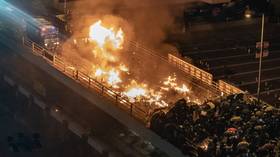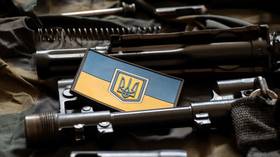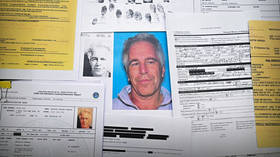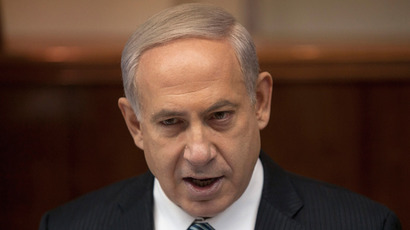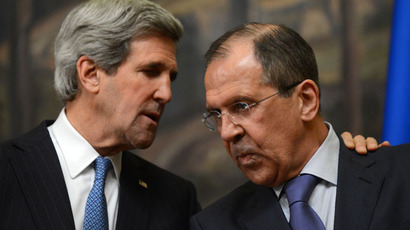Obama asked Pentagon to prepare Syria no-fly zone plans - report
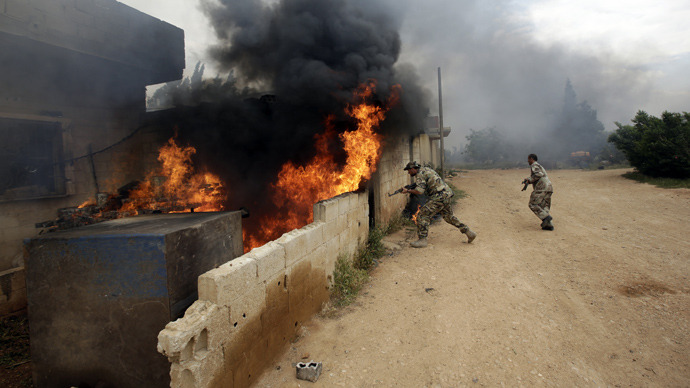
Officials from the Obama administration have revealed that the White House asked the Pentagon to outline plans for a military no-fly zone over Syria, continuing strategy discussions that have been ongoing for more than a year.
If enacted, the no-fly zone would be enforced by the US military with help from France, Great Britain and other allies.
This update is the latest in President Obama’s strategy to publicly advocate for a negotiated peaceful solution while, after speculating that Syria's President Bashar al-Assad used chemical weapons, he has reportedly been weighing the benefits of direct military aid to the country's insurgency. Two administration officials, speaking with The Daily Beast, stressed that no military decisions have been finalized.
“The White House is still in contemplation mode but the planning is moving forward and it’s more advanced than it’s ever been,” said one official, who remained anonymous. “All this effort to pressure the regime is part of the overall effort to find a political solution, but what happens if Geneva fails? It’s only prudent to plan for other options.”
More than 70,000 people have been killed in Syria as the conflict has continued for more than two years, and another three and a half million have been forced out of their homes and across the border into Jordan.

Pentagon Press Secretary George Little denied the anonymous White House quotes, reminding the public that the US has closely monitored the unrest since the dawn of the Arab Spring. However, Richard Engel of NBC News reported that no-fly zone discussions had been ongoing for more than one year.
“There is no new military planning effort underway with regard to Syria,” Little said. “The Joint Staff, along with the relevant combatant commanders, continue to conduct prudent planning for a range of possible military operations.”
A no-fly zone is often enacted as a final precaution before military intervention. The no-fly zone in question, according to The Daily Beast, was requested shortly before US Secretary of State John Kerry traveled through the Middle East last week attempting to convince Syrian rebel forces and President Assad to negotiate the end of the Syrian civil war next month in Geneva, Switzerland. As a precondition for negotiation, the rebels have demanded Assad leave power, a scenario that is difficult to imagine.
Before this news was made public lawmakers pushed Obama and his advisors to clarify the exact goals of any means of intervention, most notably those of a no-fly zone, which would be difficult to implement.
“One thing about the Pentagon, if they don’t want to do something, they will tell you all sorts of reasons why they can’t do it,” Senator John McCain (R-Arizona) told The Daily Beast last week. “It’s going to take significant pressure for them to come up with realistic plans. They will invent ways for us not to do it until the president of the United States says we’ve got to do it.”

A previous, failed peace conference led to another year of bloodshed, while another administration official told The Daily Beast that the meeting in Geneva next month “is a Kerry initiative.”
Government sources previously told the New Yorker that military action in Syria would likely constitute a “nightmare scenario” both tactically and on the home front, where Americans are “exhausted” from the seemingly endless wars in Iraq and Afghanistan.
A no-fly zone would be perceived as the first step in getting bogged down in another, possibly unwinnable war. Gary Bass, a Princeton professor who has written about intervention overseas, warned that military action could be unnecessarily costly.
“The political price is always heavily slanted against intervention when there is no core national-security interest involved,” he said.


